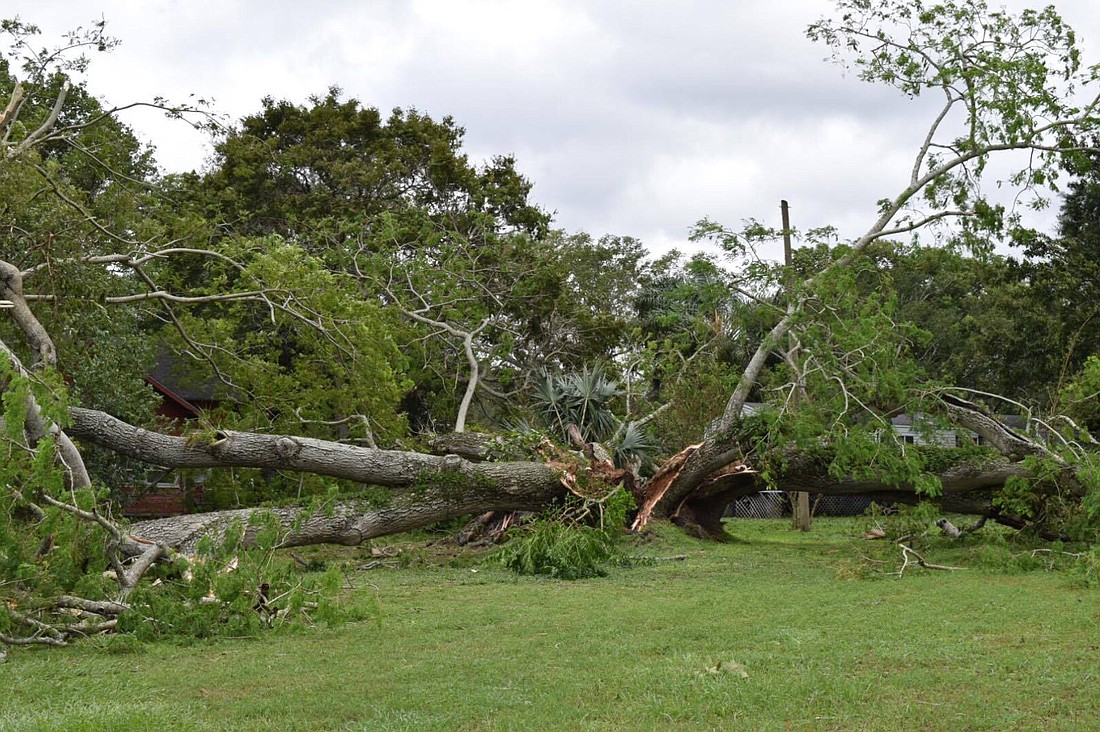- April 26, 2024
-
-
Loading

Loading

OCOEE – The commission has authorized a contract with Ceres Environmental Services, Inc. – a disaster debris management company – to remove the multiple piles of debris throughout the city that Hurricane Irma left in its wake.
The commission passed the first reading of the contract in a special session meeting held Wednesday, Sept. 6, in preparation for the coming hurricane. The contract then received final approval Tuesday, Sept. 19, with the condition that service costs are not to exceed $1.2 million.
The city plans to use money from the city's reserves to pay for debris removal services but expects to be reimbursed by the Federal Emergency Management Agency (FEMA) in the future.
Beginning September 19, Ceres started to collect and transport yard waste debris around Ocoee to a central disaster debris management site located at the west end of Clinger Clove Road. In an effort to reduce the amount of debris that has to be disposed of and minimize disposal costs, the contractor has been ordered to recycle as much as possible and process the material into mulch for composting.
To expedite the process, Public Works Director Steve Krug asks residents to place debris in piles at the curb on public rights-of-way rather than on private property and to separate disaster debris as follows: